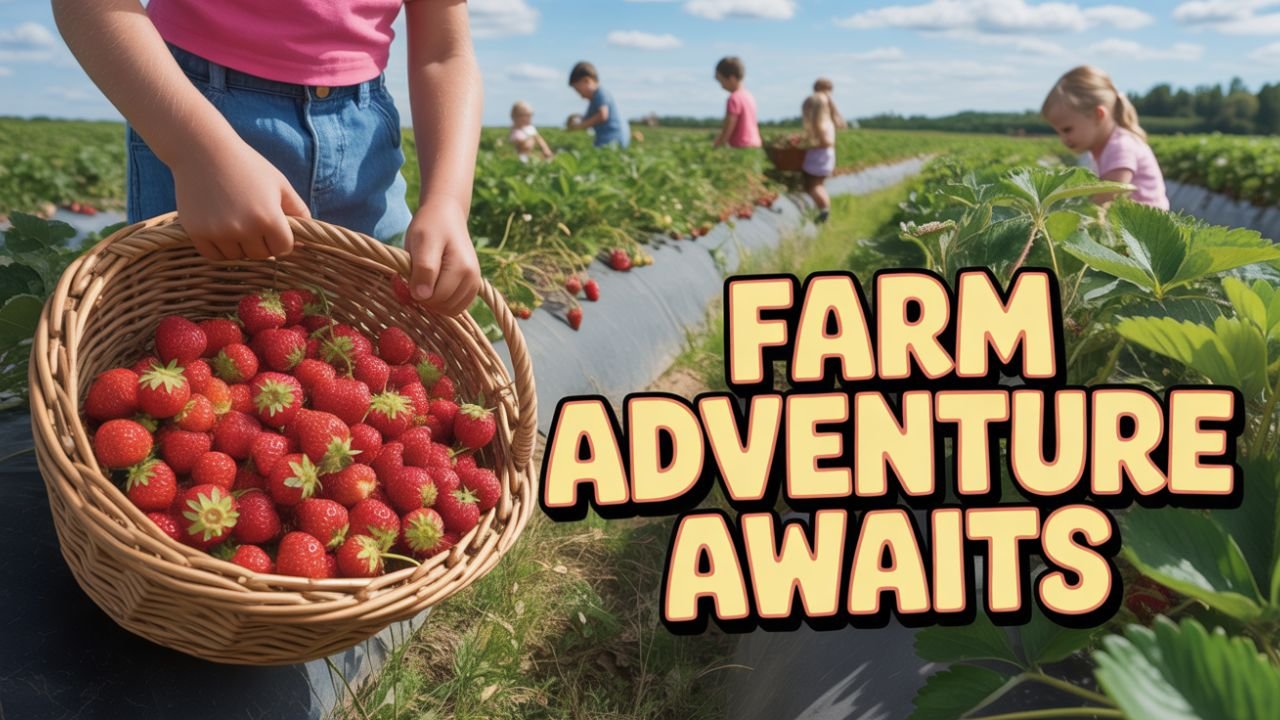Rural life and farming have always been a way to connect families. Parents often expect their children to return to the village and farm after completing their studies. Matt and Lisa Moreland had a similar experience. The Morelands, from Medford, Oklahoma, expected at least one of their three sons to return to farming, but what happened was more than they expected—all three sons, James, Will and David, wanted to join the family farm after completing college.
“At that point I thought, wow, now we have to find ways to expand our work,” Matt recalls. What began seven years ago has now become a learning experience for the entire family. During this time, the Morelands have learned four big things that can be useful for every farming family.
1. Don’t divide, make the farm bigger
The Moreland family realized that when new members joined the operation, the best way to do it was to expand the entire operation rather than divide existing resources into pieces. For James, they expanded the herd of Angus cattle, Will took charge of growing corn, soybeans, wheat and cotton on the farm using scientific methods, while David took over the excavation and construction work.
This way they expanded the farm to such an extent that each son not only got the responsibility according to his ability, but also got a fair remuneration and bonus financially. “They not only get bonuses every year, but also have a stake in the farm,” says Matt.
2. Let the leaders lead
Matt realized that as the operation grew, it was not possible to control everything. “I can guide, but it is not right to control every small thing,” he says.
Today, all three of his sons are leaders in their respective fields. A total of eight employees and families sit together every Monday on the farm. The work for the entire week is decided in that meeting and changes are made if needed.
Experts also believe that when children return to farming, it is very important to give them clear responsibilities and authority. “A clear structure of sharing responsibilities and fixing accountability should be created to develop leadership,” says transition management consultant Rina Striegel.
3. Make your role clear
No matter how big the farm becomes, the role of the head of the family should remain clear. Matt considers himself a managing partner. He focuses on the farm’s cash flow system, long-term strategy and relations with banks, landowners and government agencies.
This way every member is clear about what his responsibility is and whom to contact. This system not only makes the work smooth but also reduces the possibility of mutual conflict.
4. Plan with expert help
Matt believes that an investment in good advisers is far less than the cost of mistakes. Whether it’s financial planning or creating a legal structure, it’s vital to seek expert advice.
“Sometimes a plan will look great to an accountant, but can be challenging to the FSA or the tax department. So we have to test each plan on multiple levels,” he explains.
Matt often asks the experts three questions—what do you think of our plan? How could it be improved? And what else should we do? These questions help him make plans more robust and practical.
Conclusion
The Moreland family’s story is not just a farming story, but an example of how farming can be taken to new heights by giving children the responsibility, opportunity and confidence to return to the family workforce after education.
With the right strategy, leadership freedom and expert advice, family farming not only becomes sustainable, but also more lucrative and profitable for the next generation.

